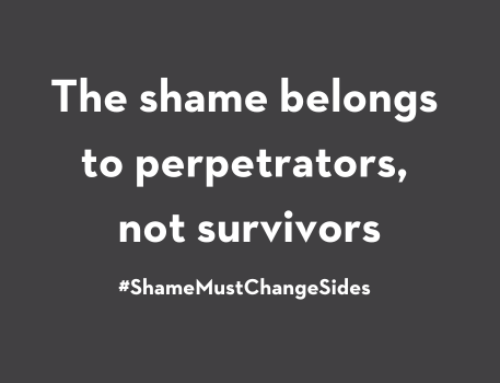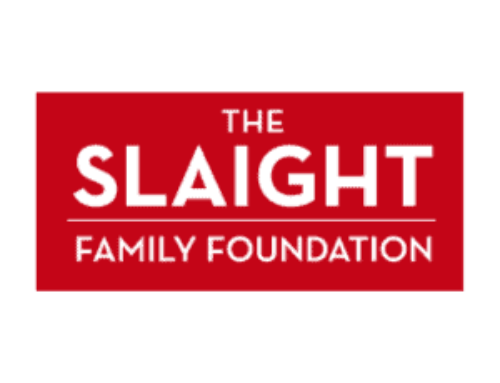
Last week, a group of frosh leaders at St. Mary’s University in Nova Scotia came under fire for leading freshman students in a chant encouraging underage rape. These students are from the same province where months earlier, Rehteah Parsons took her own life after being bullied and harassed after her classmates shared pictures of her online taken during her sexual assault.
Yes, victim-blaming is alive and well in Canada.
According to research conducted by the Canadian Women’s Foundation, the belief that women are to blame is not uncommon. Twenty percent of survey respondents said women may invite sexual assault by being drunk; others blamed women for wearing short skirts or flirting. Most shocking, is that young people aged 18 to 34 are more likely to have these attitudes.
Trying to understand sexualized violence by talking about victims is like trying to understand a flood by looking at a puddle. You’ve got to study the sky.
I believe we need a new approach.
1. Start by believing.
Statistics Canada reports there are about 460,000 sexual assaults in Canada every year. That’s over 1,200 per day, at least 100 of which result in serious physical harm.
As you read this, are you thinking: “No way! If this were true, it would be in the papers every day!” But fewer than 10% of sexual assaults are reported to police and when it comes to street harassment – sexually explicit comments, catcalls, leering, stalking – the numbers are even lower. Since victims stay silent and even reported crimes rarely make the headlines, we don’t recognize the true size of this social crisis.
Some people love to point out only about 15% of sexual assaults in Canada involve a weapon or result in serious physical injuries. I guess that’s good news, until you consider the thousands of victims who experience more minor injuries or emotional trauma after being touched, grabbed, or penetrated against their will.
We’re in collective denial and it’s time to face the truth.
2. Ask different questions.
When we hear about a sexual assault, what’s the first question we usually ask? It’s certainly not, “Why do some men rape?”
Most people find this question shocking because it is so unusual. However, some respond with extreme anger, roaring: “Not all men are rapists, you know!”
Does that mean we can’t talk about the ones who are?
Why is it okay to ask questions like “What was she wearing?” but not “Why did he do that?”
To address the root causes of sexualized violence we must have the courage to ask difficult questions, even in the face of outrage.
Some of the best and bravest conversations are happening in school-based violence prevention programs across Canada. We need more of these programs, right now, because our kids’ safety is at stake: 60% of all sexual assault victims are under age 18.
3. Challenge rape jokes.
Here’s my vote for the saddest unasked question: “Why do our kids hear (or tell) so many rape jokes?”
When rape is a joke, it becomes more acceptable to rape. Witnesses are more likely to snap photos and share them online, stand by and do nothing, or bully victims who complain. Our children become less able to recognize danger and take action, especially when the danger comes from – as it usually does – people they know. Many teens are assaulted in the company of friends; they feel safe, become intoxicated and let their guard down, or are drugged without their knowledge.
Which bring us back to the tragic death of Rehteah Parsons.
After she died, the sexual assault centre in Halifax – one of only two in Nova Scotia – was flooded with calls from victims. Unfortunately, due to funding cuts the staff had been reduced and the 24-hour crisis line closed down. Now, thanks to a petition signed by Rehtaeh’s father, their funding has been temporarily restored. The Canadian Women’s Foundation also supports this organization and recently provided an additional emergency grant. But every sexual assault centre in Canada is being squeezed by funding cuts and increased demand, leaving victims nowhere to turn.
They deserve better.







